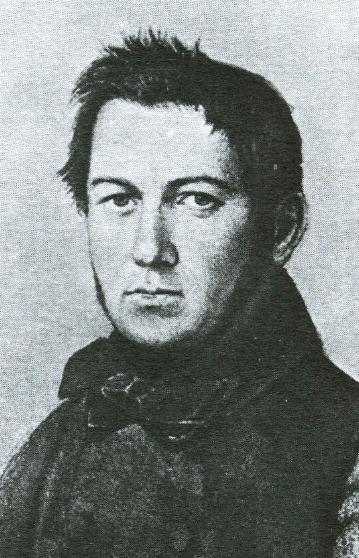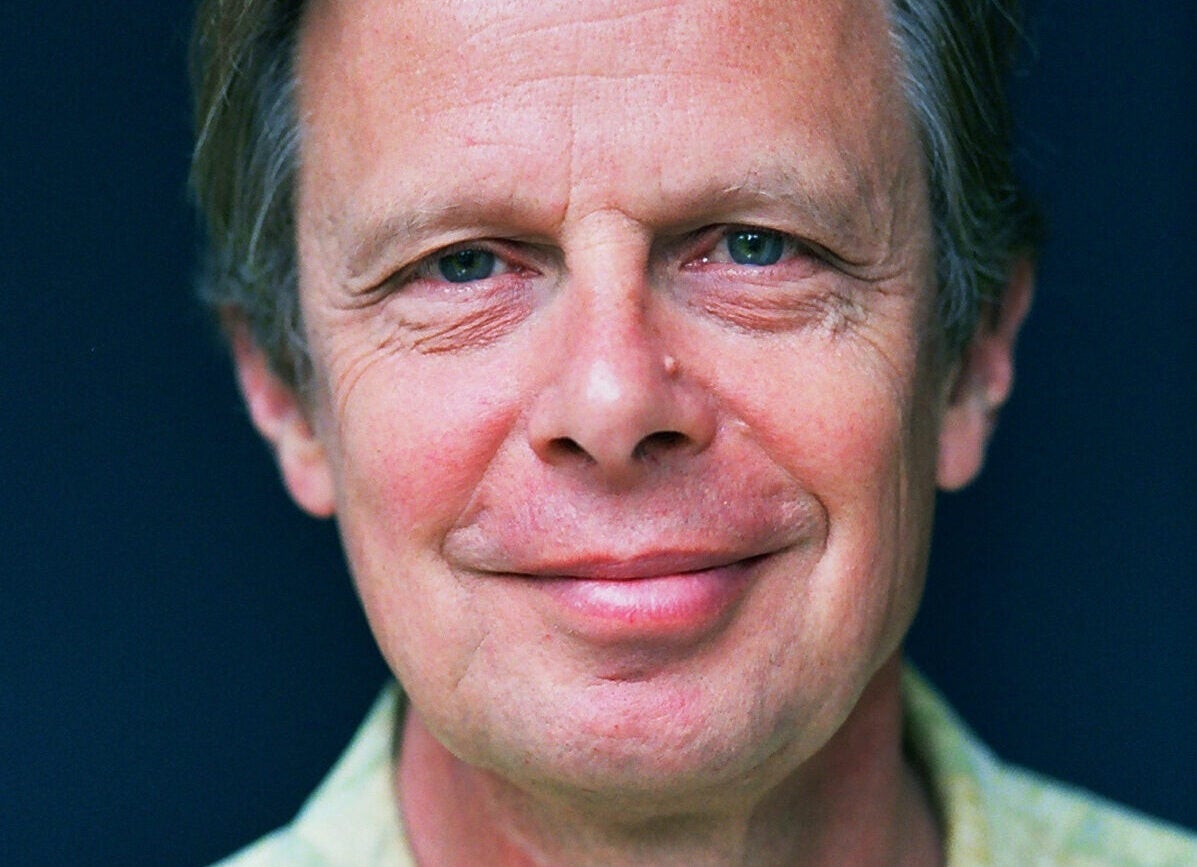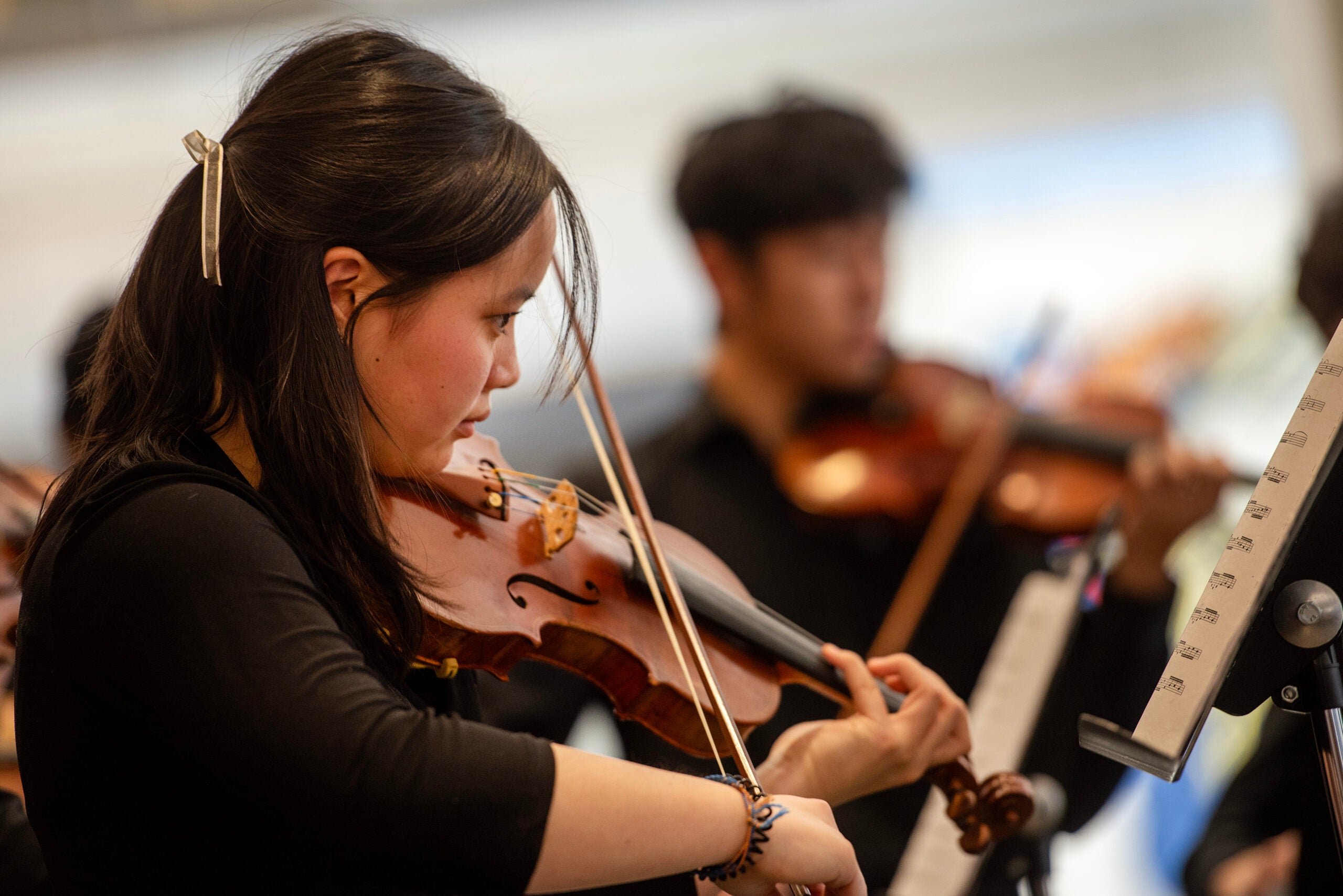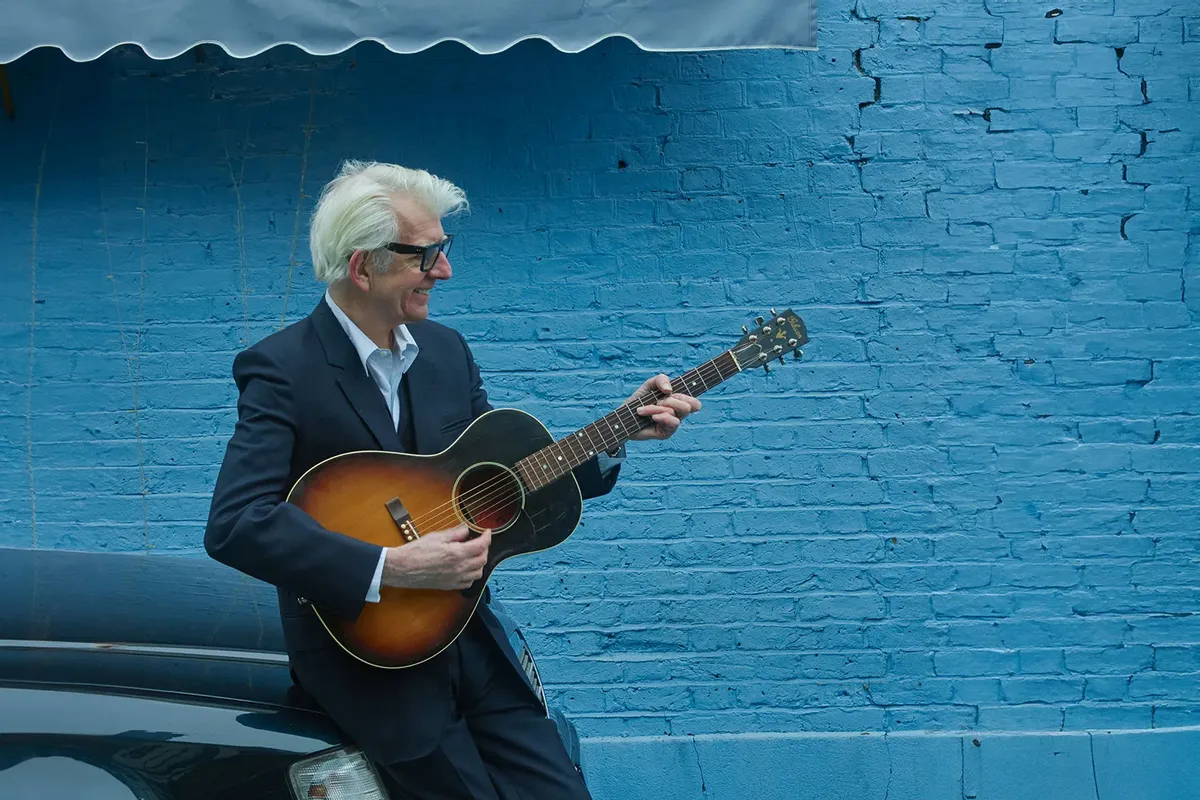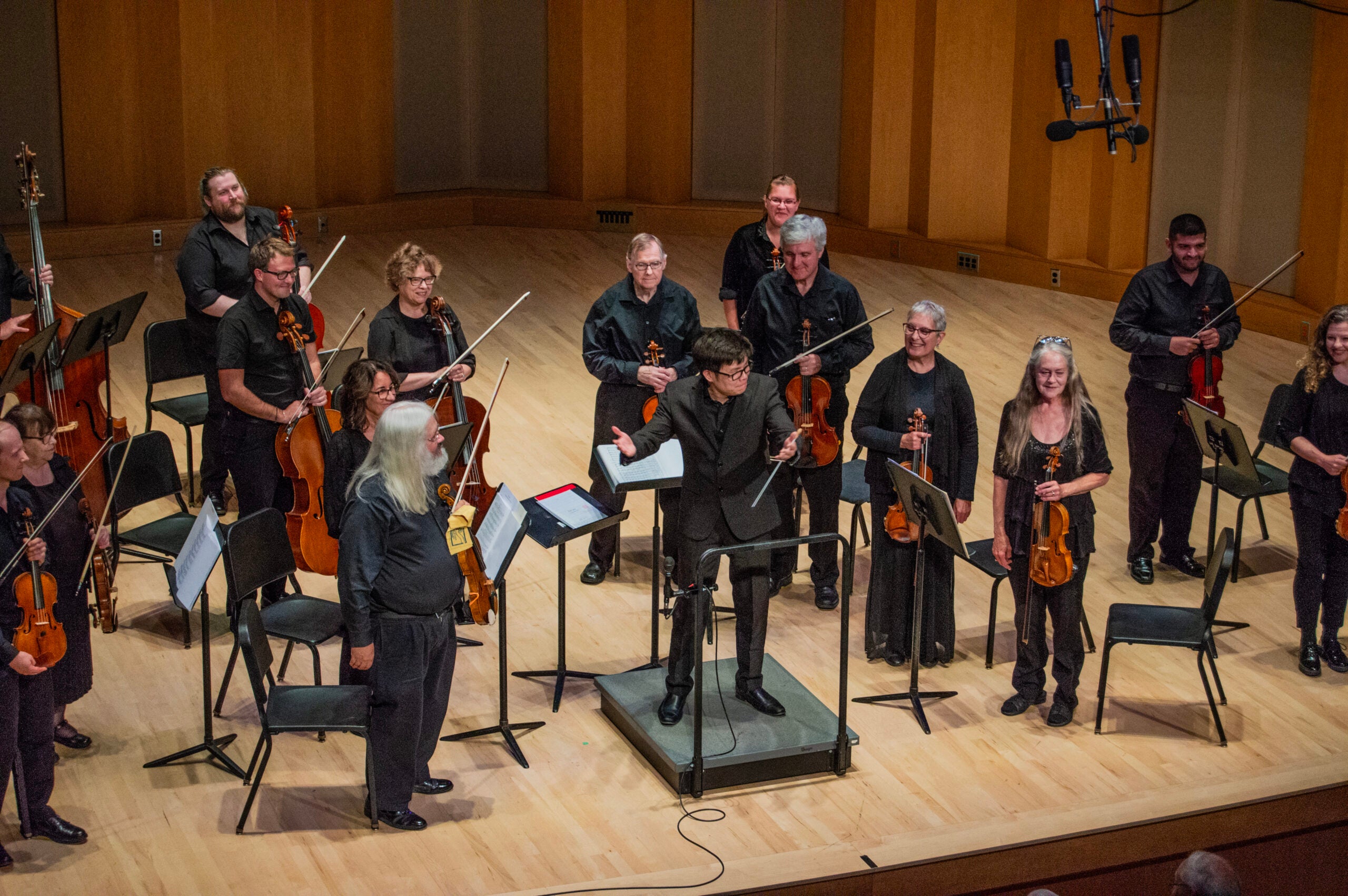The most important supporter of Mikhail Glinka’s opera Ivan Susanin was also his most powerful critic — not one to be argued with. Glinka explains in his memoirs:
“Maybe because I had gone swimming in the sea on my last visit to Peterhof in the summer, I felt tremors around my heart and I began to suffer terribly. First it was my nerves along with an intolerable numbness in my entire body. After awhile I developed a fever, accompanied by nosebleeds in the morning and burning sensations at night, so that pretty soon I found myself wasting away. Fortunately I already knew something about homeopathic remedies, and one dose of ipecac put a stop to my fever.
“My illness forced me to remain at home, and when I felt a little better 1 went to rehearsal.
Stay informed on the latest news
Sign up for WPR’s email newsletter.
“Shortly before one of the rehearsals I had the pleasure of meeting the Czar. Petrov and Vorobieva sang the E Major duet, and naturally they did a lovely job. The Czar came up and graciously asked if I were satisfied with the performance. ‘Especially with their intensity and enthusiasm,’ l replied. The answer pleased his majesty and he passed it on to the actors. Through the theater director, I was granted permission to dedicate my opera to the Czar and from then on, instead of Ivan Susanin, it was called A Life for the Czar.
Then Glinka’s illness forced him to miss the final rehearsal — an absence he would regret.
The opera proved a thorough success. But after the curtain came down, the Czar summoned Glinka to his box and thanked him for the opera, but then expressed his displeasure that the protagonist had been killed onstage. Mikhail Glinka was in no position to argue. He could only explain that the decision to place the death onstage had been made without his knowledge at the final rehearsal.
Wisconsin Public Radio, © Copyright 2024, Board of Regents of the University of Wisconsin System and Wisconsin Educational Communications Board.

